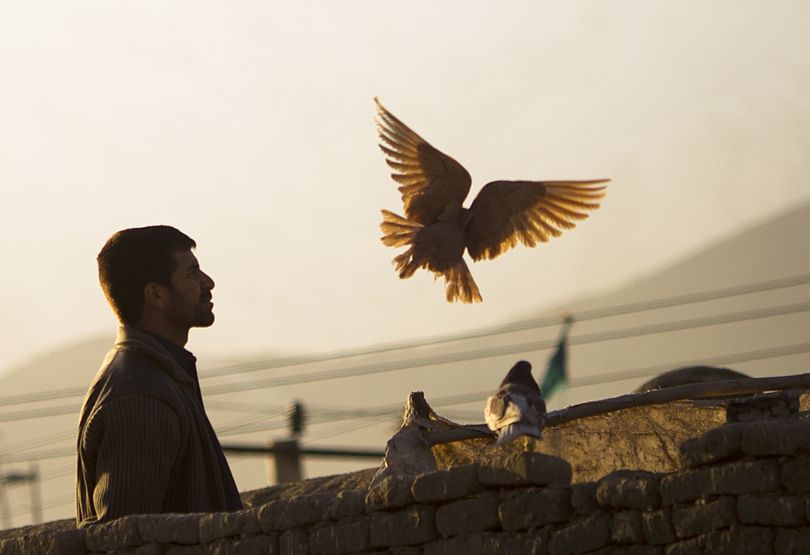Military tragedy, our tragedy

The sad news out of Afghanistan makes one ask all kinds of questions: what is the U.S. military really doing in that country? What is the benchmark for “success” and our departure? What happened to the soldier, a father and husband, that caused him to kill – taking the lives of sleeping children, their mothers, too? Why would anyone have to serve four tours of duty, in war zones, in eight years? And what will happen to this man’s wife and two children, who kept vigil at home, waiting for their personal hero to return? Questions that linger, unanswered.
War has always confused me – the taking of lives until one side – or more - is exhausted, then some settlement finally reached, out of political maneuvering or political posturing or secret conversations.
As we wait to learn the soldier’s fate, the U.S. military continues its presence, the generals speak, our children die. And Afghan children die, too.
(S-R archives photo: An Afghan man watches his pigeons after feeding them in Kabul, Afghanistan)